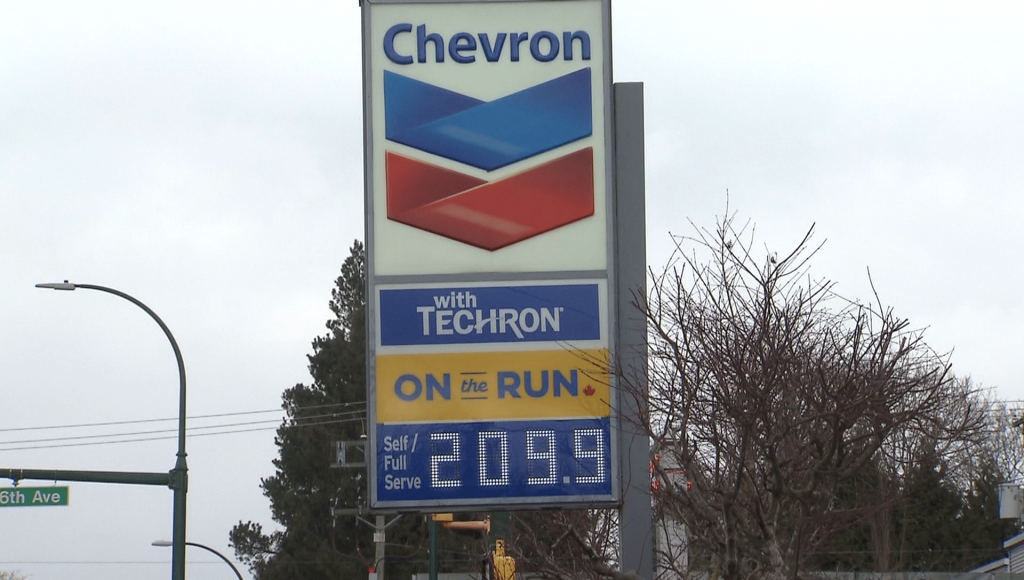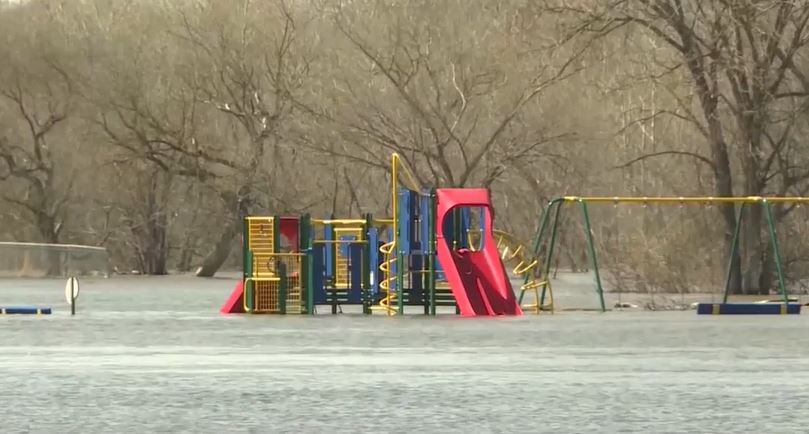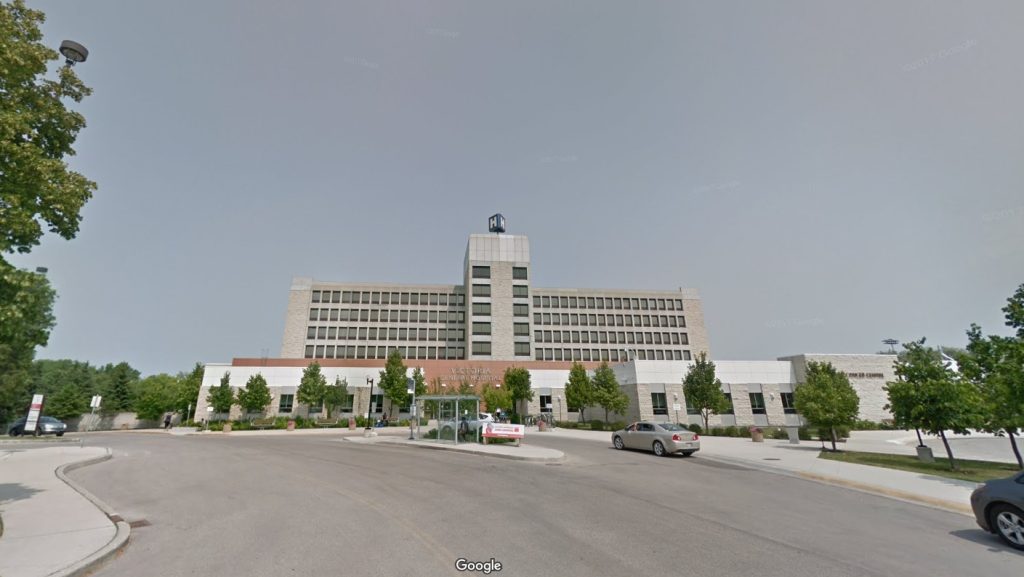Why are there record gas prices when crude isn’t setting highs yet?

Posted March 8, 2022 4:49 pm.
Last Updated March 9, 2022 12:31 am.
The price of crude oil is well on its way to breaking its 2008 record, but the price at the pumps is already setting new daily highs.
Roger McKnight, chief petroleum analyst at En-Pro International, says high demand, the pandemic, and new taxes have all played a role in making the price to fill up a vehicle even more expensive than it was in 2008 when the price of crude surged.
Crude hit more than $140 per barrel in June 2008, and prices at gas stations rose to upwards of $1.40 per litre, but today, the price of a barrel sits around $125, while it will cost a driver as much as $2.10 per litre to fill up.
“In 2008, you didn’t have 11 cents of carbon tax rolled into that for the first thing. And in this day and age, the demand side of for gasoline and diesel is far, far exceeding the supply side in 2008,” McKnight said, adding there were supply issues even before Russia’s invasion of Ukraine. “Demand was out of this world because really the shutdown of the pandemic and (now) everybody getting back on the road and in the air again.”
McKnight reminds people while the price of crude rose dramatically in the first half of 2008, it quickly dropped by more than half by November.
“That isn’t going to happen this time. This is going to be a long, drawn out geopolitical mess,” he said. “That is going to be tough to get out of and it’s going to be some very very, very high and extended prices for gasoline, diesel, all fossil fuels, and even natural gas.”
Alberta Premier Jason Kenney announced the province will pause its 13 cents per litre tax on gas and diesel on April 1. Kenney criticized the federal carbon tax several times, saying it needs to end rather than increase.
When asked if B.C. plans to follow suit, Deputy Premier and Solicitor General Mike Farnworth would not commit. B.C. drivers will pay an additional one-cent a litre in taxes starting April 1. The province already has the highest taxes on fuel in Canada.
If they want to help drivers, federal and provincial governments could consider taking a page out of Alberta’s book, according to McKnight, and reducing taxes on oil.
However, he cautioned against getting too deep into the oil price regulation business.
“If you want to turn this into a sort of Venezuelan state — good luck with that,” he said.
Related articles:
-
U.S. banning Russian oil imports as Biden warns of ‘costs’
-
B.C. gas prices pushing taxi industry to ask for fare increase
-
Alberta pauses provincial fuel tax, B.C. won’t commit to same
Meanwhile, U.S. President Joe Biden announced a ban Russian imports of oil in the wake of the country’s invasion of Ukraine. McKnight says the move is largely based on posturing because the amount of Russian imports is a drop in the barrel.
“The U.S. only imports 209,000 barrels a day of crude and they go through 22 million barrels a day. Banning the import of Russian crude into Canada amounted to nothing because they only brought in 17,000 barrels a day,” he said.
If demand remains at current levels, McKnight doesn’t see prices going down any time soon.
“I guess the question is, where’s the breaking point? Where do people say ‘That’s enough. I’ve had enough I’m not going to put up with this anymore. I’m staying home’? That would be $150 a barrel probably,” he said, adding some many find themselves in the precarious situation of not being able to afford to drive to work or taking transit.








